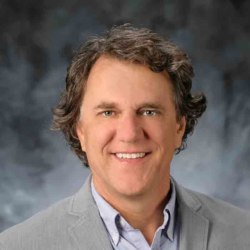Public Employee Compensation Reform is Vital
Individuals who oppose comprehensive and fundamental reform of public employee compensation can only be considered to be in denial.
Almost every government agency in the country is going broke right now. Almost all are cutting back services and reducing staff. Government is diminishing at the state and local levels before our very eyes. Our streets aren’t being fixed. Parks and libraries are closed. Schools are cutting back programs. Inmates are being released from jails and prisons. Fire protection services are being diminished.
Those who say the problem is just the stock market or the state of the economy are wrong. To be sure, the stock market and larger economic forces have their influence. But the primary reason state and local governments are going broke is because the compensation packages that elected officials have negotiated with public employee unions are far too generous.
Critics of public employee compensation reform can decry advocates of fairer contracts for public employees until they are blue in the face, but this won’t change the essential reality: As a group, public employees work fewer hours in a week, fewer weeks in a year, and fewer years in a career, while receiving exceptional salaries and other benefits, and then retire at a younger age with incomparably better pensions than private-sector employees. That’s just the way it is. That’s why there are often hundreds of applicants for each position that opens up in the public sector.
Fortunately, reform is on the way. Last year, San Diego and San Jose enacted fundamental public employee pension reform in their cities – including for existing employees – with 66 percent and 69 percent of the vote respectively.
It is time for public employee compensation reform in the county of Santa Barbara, as well. No one questions – or should question – the value of the work that public employees do. Indeed, as I have consistently pointed out, it is precisely because the work that public employees do is so vital that it is essential there is reform of public employee compensation.
Perhaps the best approach would be an initiative signed by 12,500 county registered voters to place a measure on the June 2014 ballot that would: 1) prohibit COLAs for county employees for the next four years; 2) limit vacations; 3) limit sick leave; 4) limit holidays; 5) cap the actuarial assumption for the rate of investment earnings in the county retirement system pension fund at 6.25 percent; 6) require that county employees pay half the cost of their retirement premiums, including both funded and unfunded portions of retirement funds; and 7) require that county employees pay half the cost of their health benefits following retirement and before they are covered by Medicare.
There is no reason for public employees to continue to be a protected class in our society. It is time to reform public employee compensation now.
Lanny Ebenstein is president of the California Center for Public Policy.
